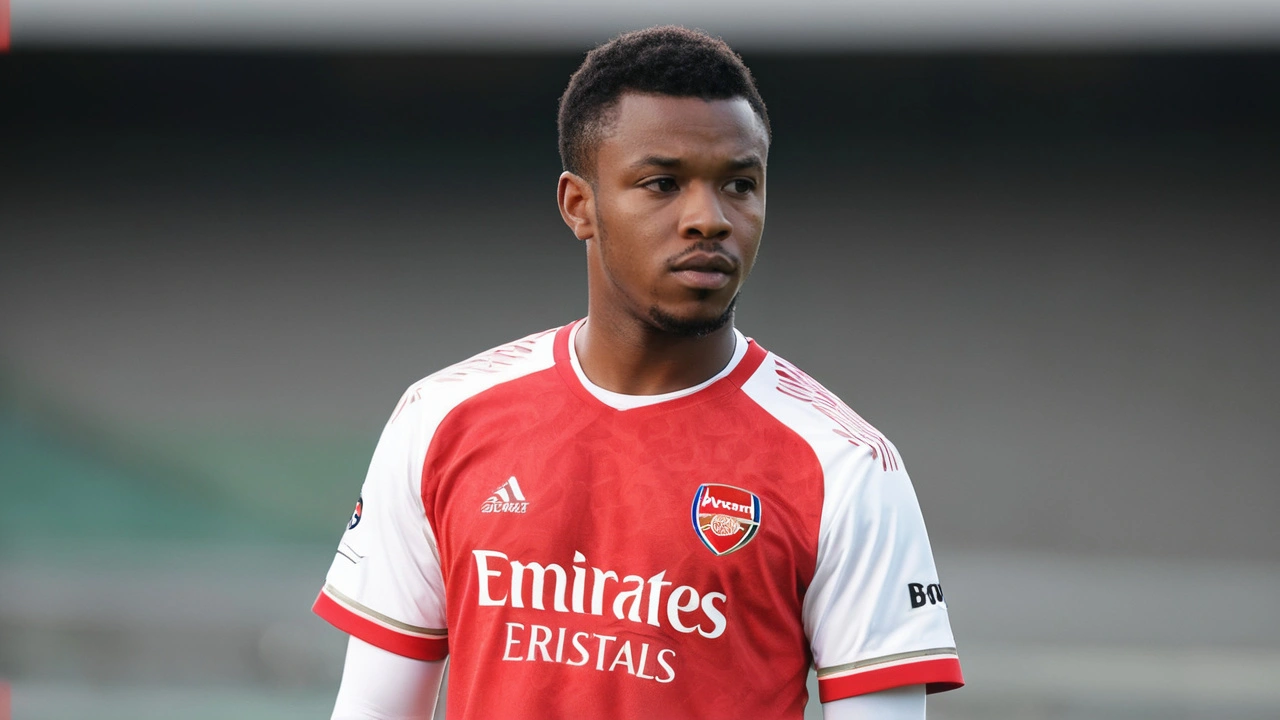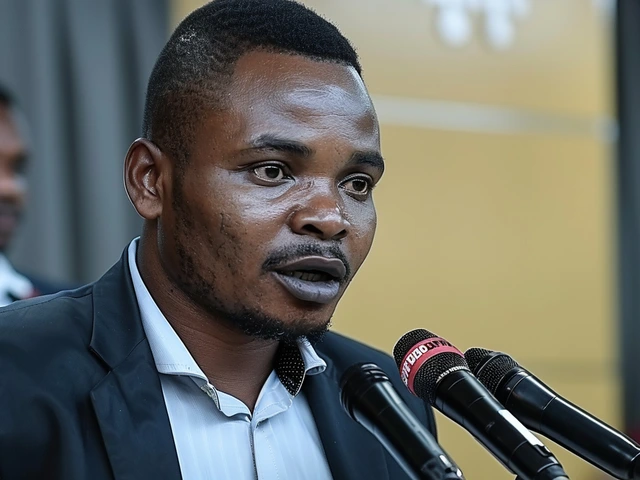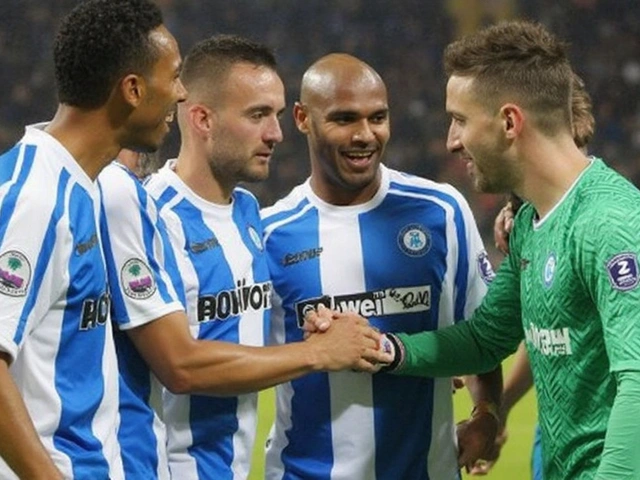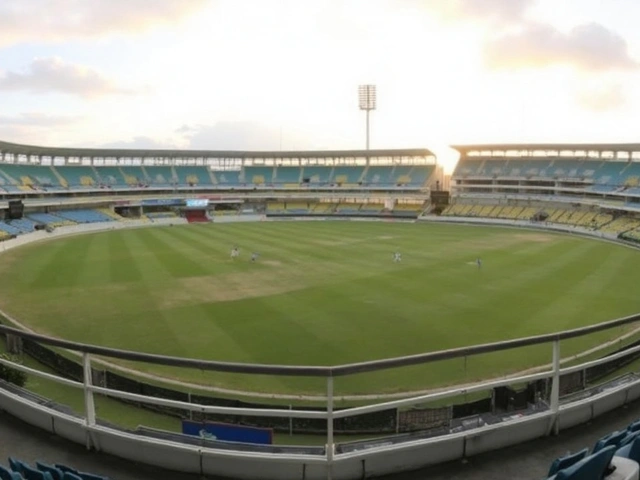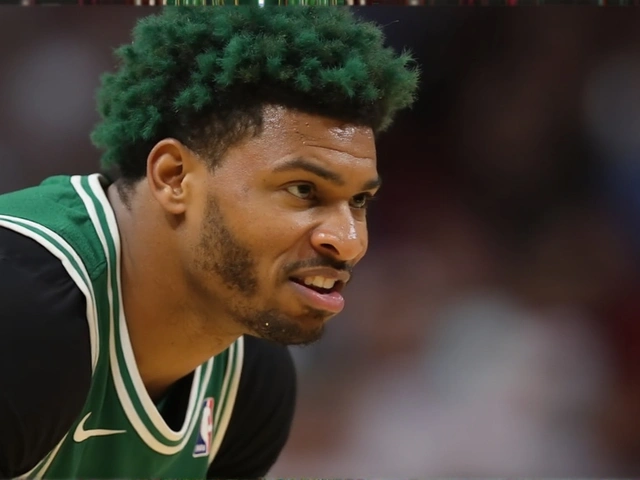Chido Obi-Martin's Departure: A Blow to Arsenal's Youth Development
Arsenal's youth setup has always been a source of immense pride for the club, constantly producing talented players who contribute both financially and athletically to the team. However, the recent departure of 16-year-old prodigy Chido Obi-Martin to Manchester United is raising serious concerns about the future of Arsenal's youth development program. This move comes even after Obi-Martin had agreed to a new contract with Arsenal, leaving many fans and analysts questioning the reasons behind such a significant decision.
Obi-Martin, a Denmark youth international striker, has been one of the standout talents in Arsenal's academy. Despite his youth, he has shown immense promise, enough to attract the interest of several top clubs. Arsenal had high hopes for him, even offering improved schoolboy terms to keep him at the club. Nevertheless, the effort was not enough to convince Obi-Martin and his representatives. The primary reason behind the departure seems to revolve around the player's doubts over his potential pathway into the first team.
The Role of Pathway and Opportunities
The heart of the issue appears to be the unclear progression from academy to first team at Arsenal. Despite conversations with manager Mikel Arteta, who discussed Obi-Martin's development and his potential route to first-team football, the player's camp remained unconvinced. They sought immediate inclusion into the Under-21s and potentially more, but the club's cautious approach to youth integration into the senior team became a significant stumbling block.
Arteta has been careful not to rush young players into the first team, prioritizing their long-term welfare and carefully managed growth. This approach, though sound in theory, has led to frustration among promising talents and their camps, who are eager for faster development and more immediate playing opportunities. The exodus of young talents from the club has subsequently become an alarming trend.
The Domino Effect: Other Departures
Obi-Martin's move to Manchester United is not an isolated incident. It follows a series of exits from Arsenal's academy, with talents such as Amario Cozier-Duberry and Reuell Walters leaving for Brighton and Luton Town, respectively. These moves signify a worrying pattern that Arsenal fans are becoming increasingly aware of. Both Cozier-Duberry and Walters were seen as future stars, and their departures echo similar concerns about the clarity and appeal of Arsenal's development pathway.
Financial Success vs. Talent Retention
It's important to note that Arsenal's academy has not been without its financial successes. The transfer of Emile Smith Rowe to Fulham for £35 million is a testament to the quality of players produced. However, the monetary gains have done little to mask the underlying issue: the club's ability to retain its best young talents. Financial benefits are always welcome, but at what cost to the future on-field success of the team?
The academy's purpose is twofold: to generate future first-team players and to contribute to the club's financial health through player sales. Balancing these two objectives has proven to be a delicate act. The departure of talents like Obi-Martin raises questions about whether Arsenal is leaning too heavily on the financial aspect, potentially undermining the long-term sporting benefits.
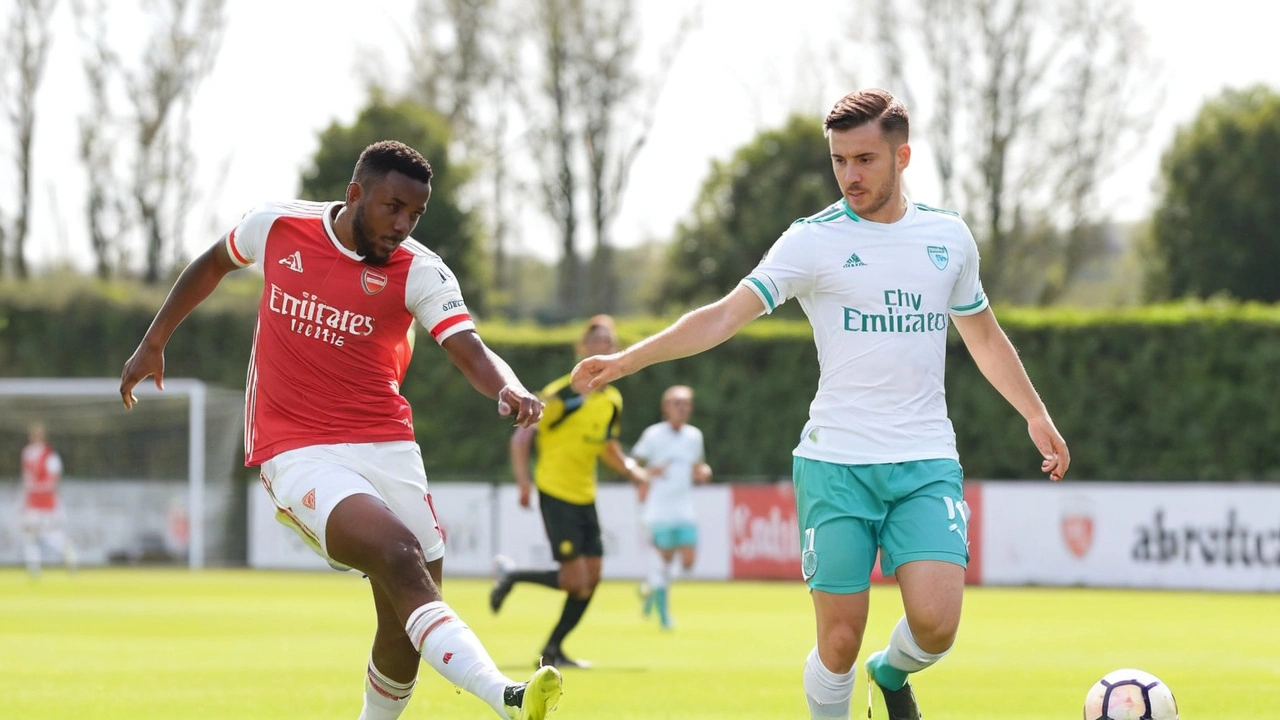
The Future of Arsenal's Youth Strategy
With the exits of several young stars and the scrutiny on Mikel Arteta's cautious approach, Arsenal finds itself at a crossroads. The club's strategy for youth integration needs a reevaluation. Ensuring a clear, appealing pathway to the first team is crucial. Several solutions could be explored, from more robust inclusion in training sessions to gradual introduction into less critical matches, allowing for confidence-building experiences.
The morale and perceptions of the youth players themselves play a critical role. Creating an environment where young talents feel valued and see a genuine route to the first team is fundamental. Discussions with players and their representatives should be ongoing and transparent, addressing concerns head-on and providing reassurances where possible.
Managerial Philosophy and Long-Term Welfare
Arteta's philosophy of protecting young players' long-term welfare is commendable. However, finding the right balance between caution and opportunity is key. The modern football landscape is highly competitive, and talent retention can often hinge on the immediacy of opportunities presented. Arteta's challenge will be to marry his thoughtful, protective approach with the urgent ambitions of young prodigies looking to make their mark sooner rather than later.
Conclusion
As Chido Obi-Martin prepares to don the Manchester United jersey, the spotlight remains on Arsenal's academy and its future. The departures of promising talents call for introspection and strategic adjustments. Arsenal must navigate the fine line between nurturing young potentials and offering them enough opportunities to retain their interest and loyalty. The outcome of this reassessment will play a crucial role in shaping the future of the club and its standing in developing world-class talents.

